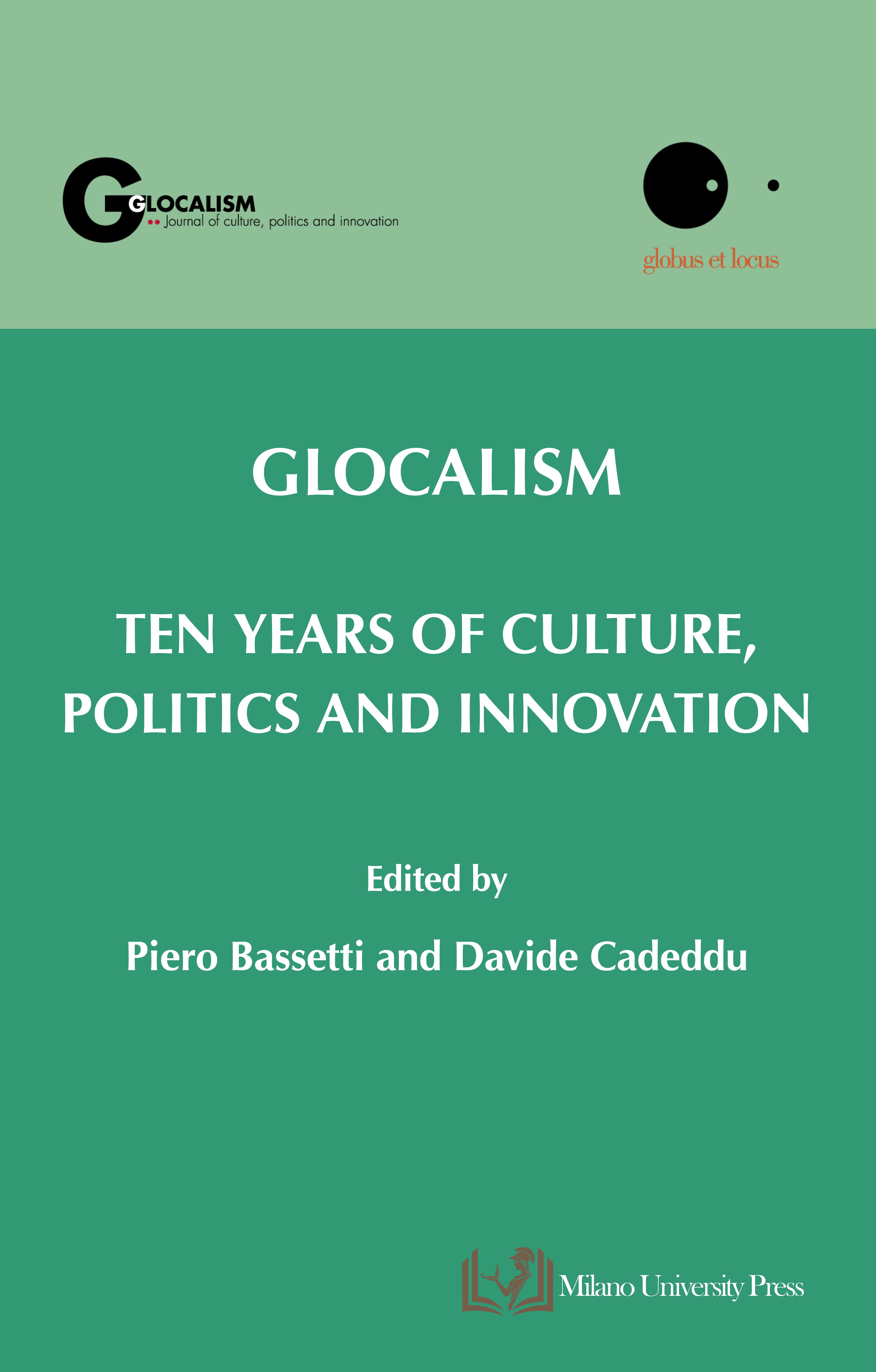Federalism: A Way to Govern Globalization
DOI:
https://doi.org/10.12893/gjcpi.2018.2.1Keywords:
federalism, globalization, nation-state, sovereignty, international relationsAbstract
Globalization is a social and economic integration process, which has a significant political meaning, i.e. the erosion of state sovereignty. Thenature of globalization is not a mere quantitative increase of social relations and exchanges at world level, but it is a qualitative change rooted in the scientific revolution of material production, and it creates, alongside national societies and markets, a global market and a global civil society. It is a process that is changing the form and size of economic and social life and imposes on all sectors of social life a much wider dimension than that of sovereign states, even the biggest ones. The changes that have occurred in the sovereign state and the international system of states are by now recognized as the central political fact of our times. The construction of a general theory of politics that unifies political science and international relations is a long term task that may be performed by an entire generation of scholars. Multitudes of scholars are working to reconstruct a theory of politics that adheres more to the evolution of contemporary history. Federalism is one of these theories: it is an unfinished project, not a static political vision nor a timeless political theory. It is an unaccomplished project, which is constantly evolving in response to the new problems which history is raising relentlessly. Flexibility – which is the specific character of federal institutions – is particularly adapted to answering the need of combining unity with diversity that is required by the globalization era. Therefore, federalism is a political tool suitable for governing the social transformations under way in the contemporary world. It appears to be a very efficient institutional device for political integration, for ensuring the functioning of pluralistic societies, for protecting minorities, for solving ethnic, religious and national conflicts, and for answering the need for peace and international solidarity.
Downloads

Downloads
Published
How to Cite
Issue
Section
License

This work is licensed under a Creative Commons Attribution-ShareAlike 4.0 International License.











